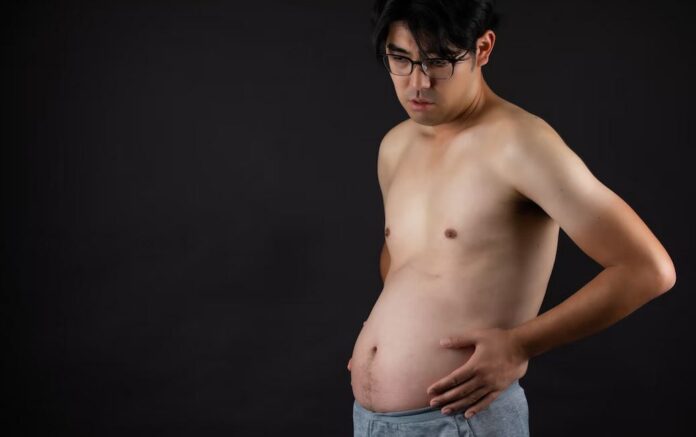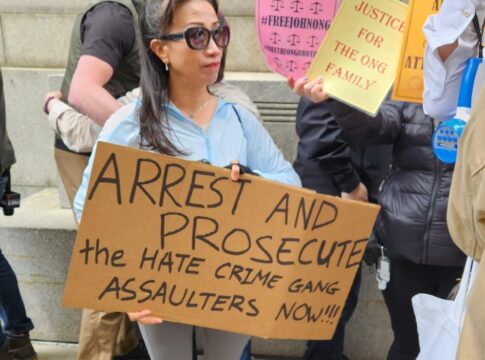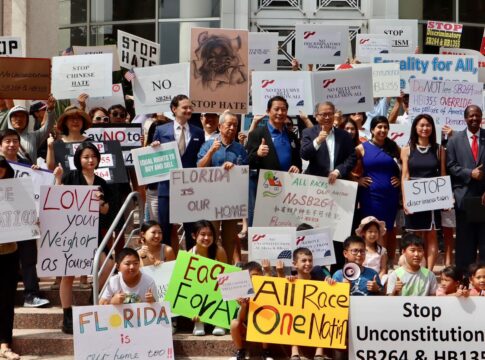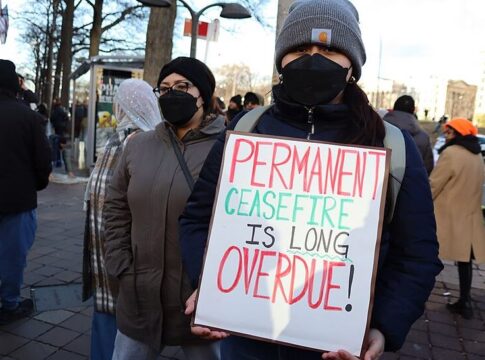Do you feel like you ate too much this Thanksgiving? Worried about adding on those pounds this holiday season? For the first time, there are studies on obesity that differentiates between Asian American subgroups.
The Physician’s Weekly reports that the likelihood of being obese can vary widely among the different Asian groups.
The study from Northwestern University found 16.8% of Filipino Americans are obese, compared to 15.3% in Japanese Americans, 11.2% in Asian Indian Americans, 8.5% in Korean Americans, 6.5% in Chinese Americans, and 6.3% in Vietnamese Americans.
Researchers looked at data from 13,916 Asian Indians, 11,686 Chinese, 11,815 Filipino, 12,473 Japanese, 3,634 Korean, and 2,618 Vietnamese Americans.
The prevalence of obesity among Asian Americans is especially high among Asian Americans in California, reported BMC Public Health. That’s the finding of a different study from data extrapolated from the 2013-2014 California Health Interview Survey. Researchers looked at factors such as age, sex, family income, marital status, education level, physical activity, and fast food consumption. The prevalence of Asians in California was 23.3% for obesity and 40.0% for overweight with obesity especially high among men between the ages of 45 and 64 with higher family income and who smoked, never got married and had a lower education level with low physical activity who also enjoyed having fast food frequently.
LATEST STORIES
“Clinicians must be aware that the cardiovascular and metabolic risks related to obesity may be different among individuals who belong to different Asian subgroups,” said lead author of the Northwestern Study, Dr. Nilay Shah, to Northwestern.edu. “The standard approach and definitions of obesity based on specific body mass index thresholds may not be appropriate for the Asian American population.”
The study published in BMC Public Health was conducted by Shaoqing Gong and Zhongliang Zhou, both of the School of Public Policy and Administration, Xi’an Jiaotong University, along with Kesheng Wang of the Department of Family and Community Health, School of Nursing, West Virginia University; Ying Li, Department of Environment Health, College of Public Health, East Tennessee State University and Arsham Alamian, School of Nursing and Health Studies, University of Miami.
AsAmNews is published by the non-profit, Asian American Media Inc. Follow us on Facebook, X, Instagram, TikTok and YouTube. Please consider making a tax-deductible donation to support our efforts to produce diverse content about the AAPI communities. We are supported in part by funding provided by the State of California, administered by the California State Library in partnership with the California Department of Social Services and the California Commission on Asian and Pacific Islander American Affairs as part of the Stop the Hate program. To report a hate incident or hate crime and get support, go to CA vs Hate.









